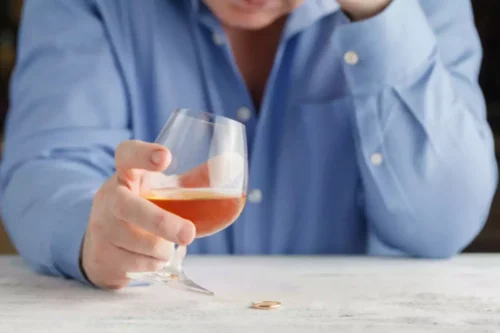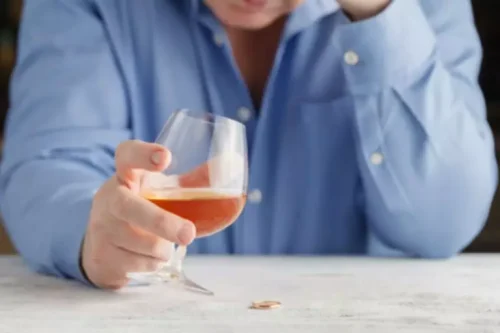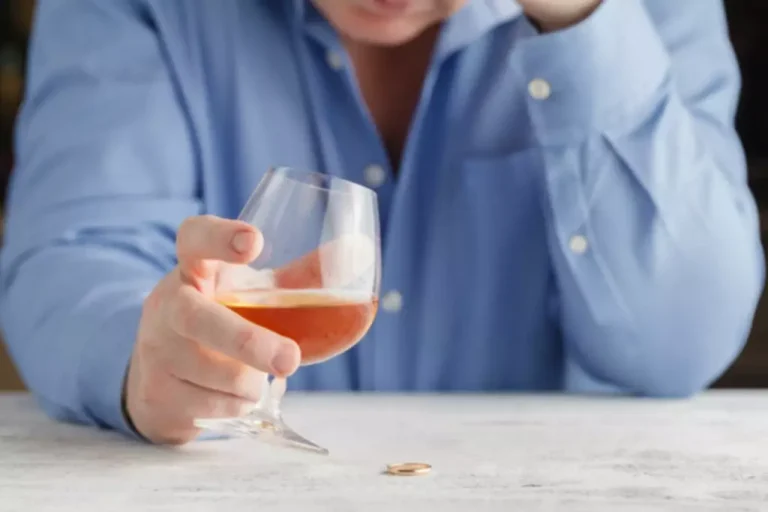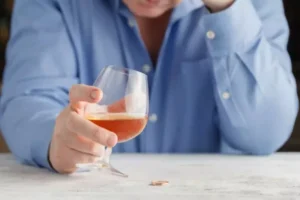How to Create a Relapse Prevention Plan
But the idea of alcohol tapering, the gradual reduction of alcohol, might seem counterintuitive. However, using this method can help you avoid severe alcohol withdrawal symptoms and decrease the risk of a relapse. Honesty fosters trust and helps individuals confront their challenges directly, reducing the likelihood of relapse. Alongside this, prioritizing self-care by incorporating healthy routines creates a more resilient mindset. Activities such as meditation, proper nutrition, and physical exercise not only bolster emotional stability but also lower stress levels, demonstrating their critical role in successful recovery. Developing a robust support system is essential for effective relapse prevention.
Blood vessel growth factor alleviates anxious behaviors in mouse study
Less-intensive treatment may be an option if this is your first relapse and you are in good physical and mental health, are not at risk for severe withdrawal, and have a sober support system in place. Your treatment team can help you decide whether inpatient, outpatient, or other treatment options are more appropriate for you. Cannabidiol (CBD) reduces alcohol cravings in individuals with alcoholism, as demonstrated in a clinical trial. CBD, a non-intoxicating cannabis component, was shown to decrease cravings and reduce activation in the brain’s reward center, the nucleus accumbens.
What is the role of professional treatment in managing cravings?
Although repeated slips can be a normal part of recovery for some, ongoing relapse and rehab can become a compulsive pattern of its own and make it even more difficult to successfully stay sober long-term. Effective coping mechanisms and goal-setting strategies are vital for individuals in recovery to alcohol relapse statistics minimize the risk of relapse. Recognizing personal triggers, such as high-stress situations or specific emotional states, is the foundational step in this process. It doesn’t matter how well you recognize the warning signs of a relapse. The person with the alcohol use disorder must learn to recognize them.
What happens if you experience a lapse or a relapse?
However, professional treatment and coping strategies can significantly reduce this risk. At Greater Boston Addiction Centers, we understand the challenges of managing cravings and provide personalized care to help individuals overcome them. Our compassionate team of therapists, medical professionals, and addiction specialists is dedicated to your success. Cravings are intense urges or desires to use substances like drugs or alcohol. They are a natural part of addiction and recovery, arising from the brain’s conditioned response to substance use. While cravings may feel overpowering, they are temporary and manageable with the right tools and support.
- Whether or not you should return to treatment will depend on the severity of your lapse and the circumstances surrounding it.
- Every alcoholic possesses genetic traits that helped cause alcoholism to develop in the first place.
- The critical step is to seek help, recommit to recovery, and prevent further drinking.
- With a greater understanding of what relapses are and what often causes them, we have shared a number of ways that you can help an alcoholic who has relapsed below.
- You may even begin to feel as if it would be easier to give into your old habits and behaviors because starting recovery again seems too hard.
- Triggers are cues that can spark cravings and raise the risk of returning to substance use.
The Connection Between Sleep and Sobriety
For instance, you might switch from hard alcohol to beer with lower alcohol content or maybe reduce your drinking from six days a week to two. Going to a meeting and sharing your experience with others in recovery can help you remember that you are not alone. Sharing can help you create a connection with others and can bring a boost of confidence, knowing that if others have gotten back on track, you can, too.
Building a support system
Be supportive until they feel comfortable enough to regroup and seek the help they need. If they are in an uncontrollable state then get in touch with us and we can advise you on the best course of action. If physical relapse has already happened, returning to an inpatient treatment program may be the answer. Accepting that relapse is part of the process doesn’t mean Alcohol Use Disorder you have to accept living with a person whose out-of-control behavior is negatively impacting your life. Regardless of the other person’s decisions, you have the right to live a healthy, stable life.
Professional Support
Relapse isn’t a sudden event; it occurs over a period of time that can range from weeks to even months. In a health condition, they involve the return of disease symptoms. In mental health, they involve the return of symptoms after a period of recovery. “If https://ecosoberhouse.com/ you feel like you’ve been deprived, there is a natural instinct to push back or even celebrate what you’ve achieved,” she says.
- This is a small list, but any of the points on it would be good signs that you may need outside intervention.
- This process typically involves several key steps that focus on introspection and strategic planning.
- To avoid relapse after a slip, many people attend support group meetings or therapy sessions.
- The addiction recovery process can be filled with many ups and downs…
- Many people emerge from relapse with a fresh scare regarding what they are up against, as well as a deeper commitment to becoming sober.
- By understanding the essential components of such a plan, individuals are better equipped to identify and navigate potential triggers, build a solid support system, and maintain their goals with resilience.
Do I Need to Go Back to Treatment?
In recovery, you will understand what led you to consume alcohol in the first place and work to rectify maladaptive behaviors. When you’re recovering from alcohol use disorder, a relapse is when you start drinking again. It’s not the same thing as a lapse, which is temporary and short-term — such as when you have one drink at a party, then go back to not drinking. In addition to getting professional treatment, avoiding your triggers, finding social support, caring for yourself, and managing stress can help prevent future relapse. To understand how to prevent relapse, it is essential to first understand the relapse process itself.





 Disque dur
Disque dur claviers
claviers Téléphone fixe
Téléphone fixe


